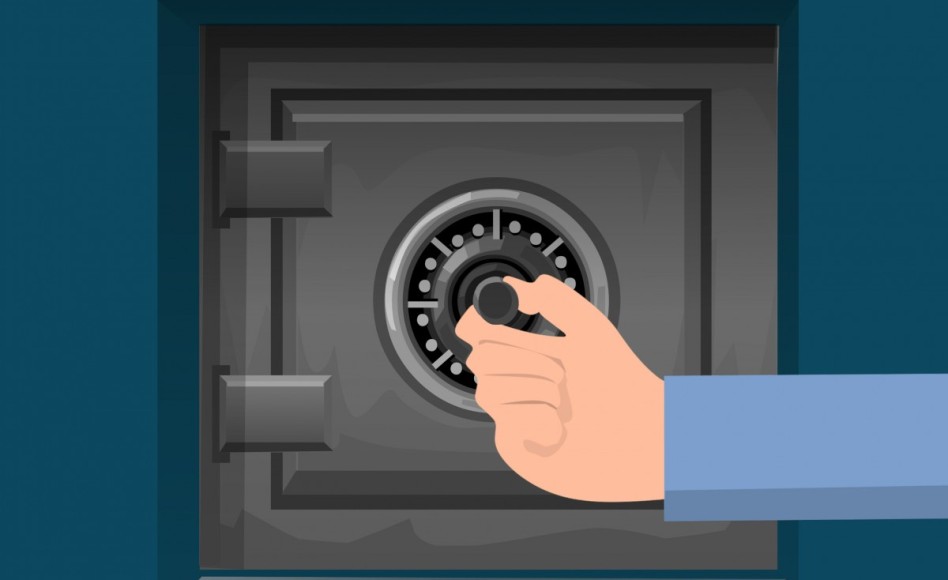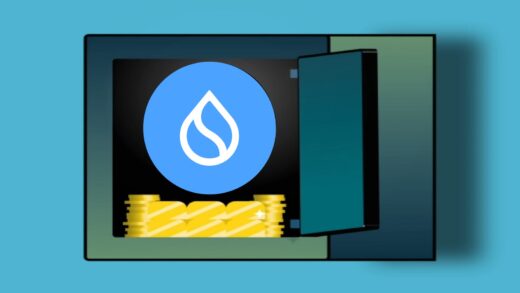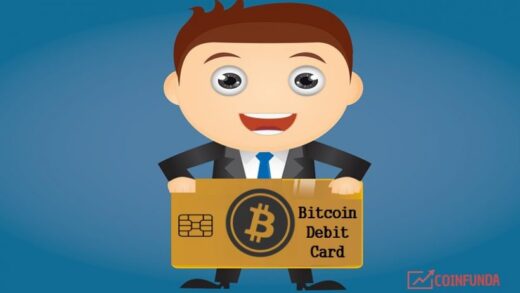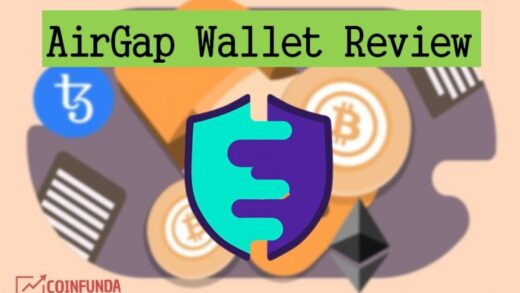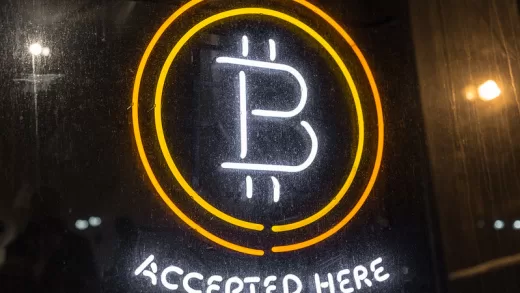Cryptocurrency and blockchain have become the points of attraction of modern hackers and fraudsters. You can read more about a few biggest crypto hacks on the Internet. Cryptocurrency service providers are putting DDoS mitigation infrastructure on top of their list whereas the end-user always has the last word when it comes to the safety of an individual wallet.
Below are presented the security tips for crypto wallets that will help keep your funds and data safe. We’ve elaborated this list after researching the most frequent security incidents encountered by customers of crypto wallets.
Security tips
Use the most recent versions of applications
Developers are permanently fixing error codes to eliminate possibilities for hackers allowing them to compromise users’ accounts or even steal their personal data without being noticed. Set up apps on your phone or desktop so that auto-update is always on.
Avoid banking operations while using public Wifi
Ideally, you should not log in to your financial accounts while using public WIfi because the network can share your data around. Hijacking data through public Wifi is much easier than breaking into the mobile network. Wait some time until you are able to use your mobile connection.
Stronger passwords still help
We know that you’ve been reminded of it millions of times. You’ll hardly find a website or app that would not enforce you to set up a complex password. However, there are still a good number of hacking incidents that occurred due to easy-to-guess passwords. Think about the password generating services and secure ways to keep these details safe.
Use different passwords for different accounts
Recently, there’ve been a few unfamous leaks of personal data from popular crypto exchanges. An outcome was an increasing number of break-in attempts to online accounts with many other banks, wallets, exchanges. Sometimes these attempts succeeded just because account owners used the same passwords for all their accounts. And last but not least. Of course, never share your access details with somebody.
Never click on suspicious links or download dubious apps
As obvious as it might seem, this recommendation applies to a larger number of situations that we could think of. Some newsletters are coming from the senders impersonating famous brands or companies where you may have accounts. Before clicking the link, make sure the sender is on your white list.
When downloading new apps, check out the details of the publishing company. Dubious companies often publish apps with tempting offers but disappear from app stores the next day with your data.
Сheck if your email address appears in a leaked database
Many open databases (for example, Avast Hack Check, Firefox Monitor, Have I Been Pwned) allows you to find if your email address was leaked. If you’ve discovered your address on the list, don’t worry, just update your password and enable 2FA. The check on leaked data is not limited only to an email finder. You can also enter your password to see if it has been seen before (for example, here: https://haveibeenpwned.com/Passwords). The combination of passwords can also be revealed or guessed by hackers.
The password managers, such as Dashlane, or LastPass can be helpful. Using these services, you can perform a safe authorization with multiple online accounts, websites, and devices.
Security features
The security of crypto wallets always requires efforts of both sides – a service provider and end-user. There are circumstances out of your control, such as software errors or major security breaches. However, there are still a lot of steps in this direction that you can take on your end.
2FAprotection: 2FA authentication is common and even enforced by some services. This is a highly efficient step in protecting your access. One of the examples is the 2FA option for both login and payout transactions enabled by Freewallet. Trezor also provides the 2FA feature.
Multi-signature confirmation by email, or multisig: Using this option, you need to validate your transaction across several email addresses. It can be a couple of addresses or the whole chain of them, which is especially helpful for corporate transactions. You can take this feature with the Electrum wallet for Bitcoin users or BitPay.
Biometric authentication(Fingerprint, Face ID) is offered by many wallet and exchange providers. For example, ZenGo wallet uses special authentication software for this purpose. The fingerprint is available with Trust Wallet.
PIN code may become crucial protection once your device gets into the hands of malevolent people. It’s now also enforced by many providers. PIN code is one of the essential security features of Bitcoin and Mycelium wallets.
The backup phrase is your key when you need to restore access to your wallet. Don’t lose it and keep it in a safe place. Usually, it is an auto-generated combination of random words. This feature is provided by Atomic wallet.
Conclusion
The essential rule for handling all investment and money savings states that you should not spend on coins more than you are ready to lose.
An example of a popular investment strategy is participation in various ICO and IEO campaigns. Many of them are dubious and there is a good chance to reveal that based on its character and reviews on the web. It’s better to spend a few hours of your time on your own research than spend essential savings.
About The Author: Norbert Kozma: crypto enthusiast, investor, author. He believes that cryptocurrency will replace fiat money and works to speed up this process by spreading trustworthy crypto information.

